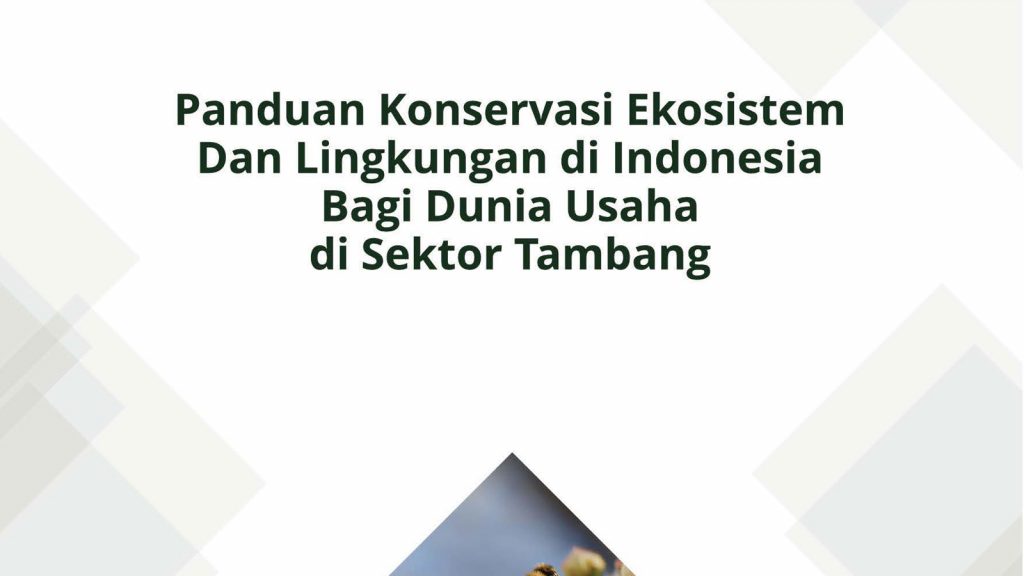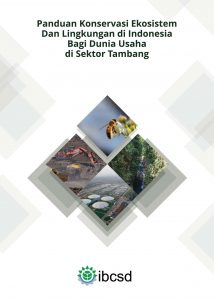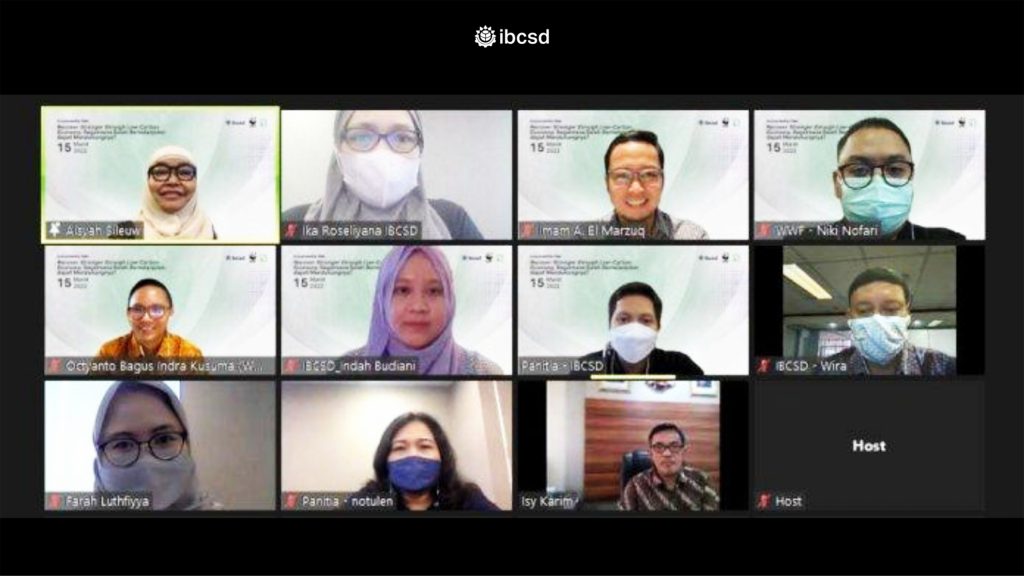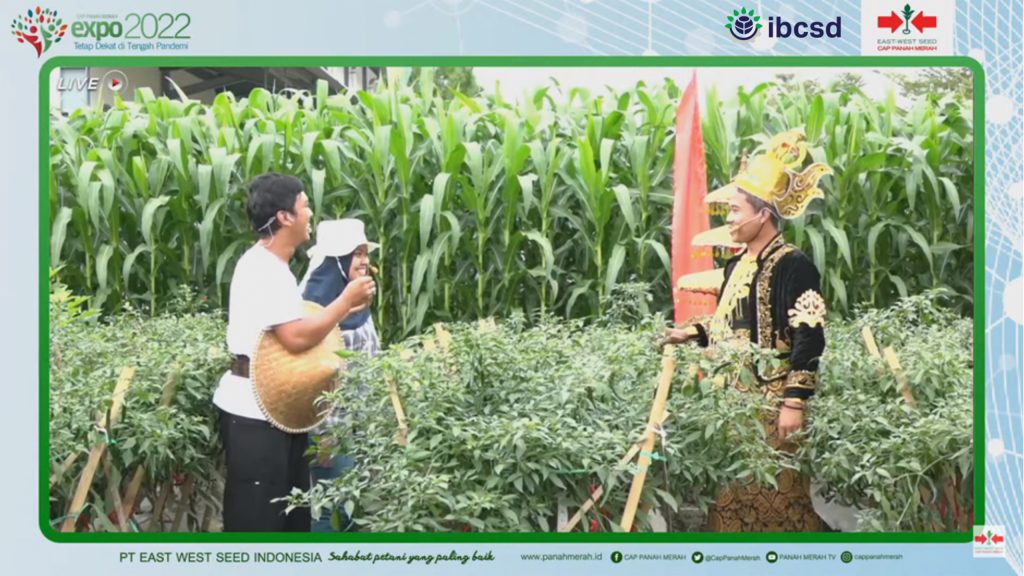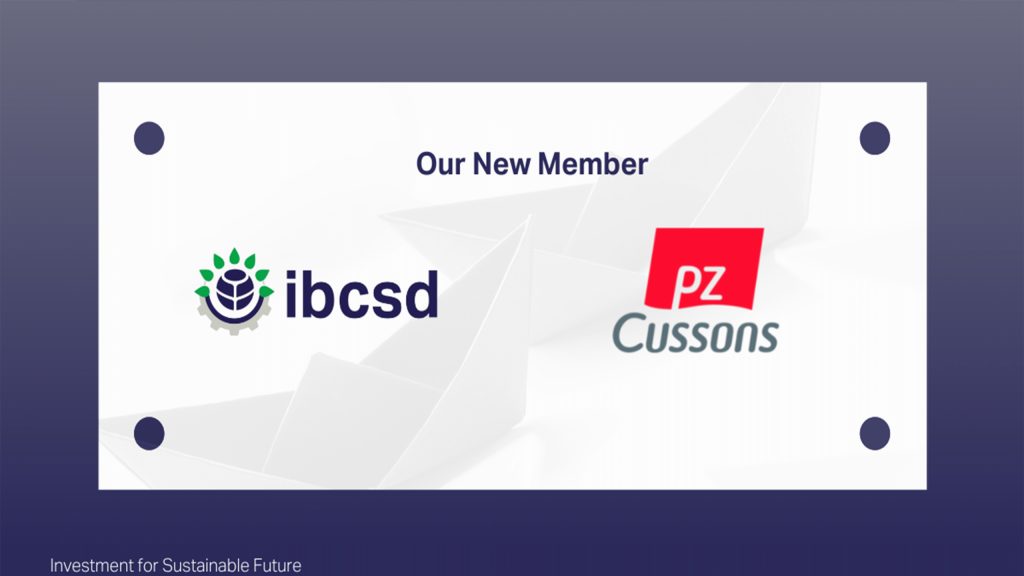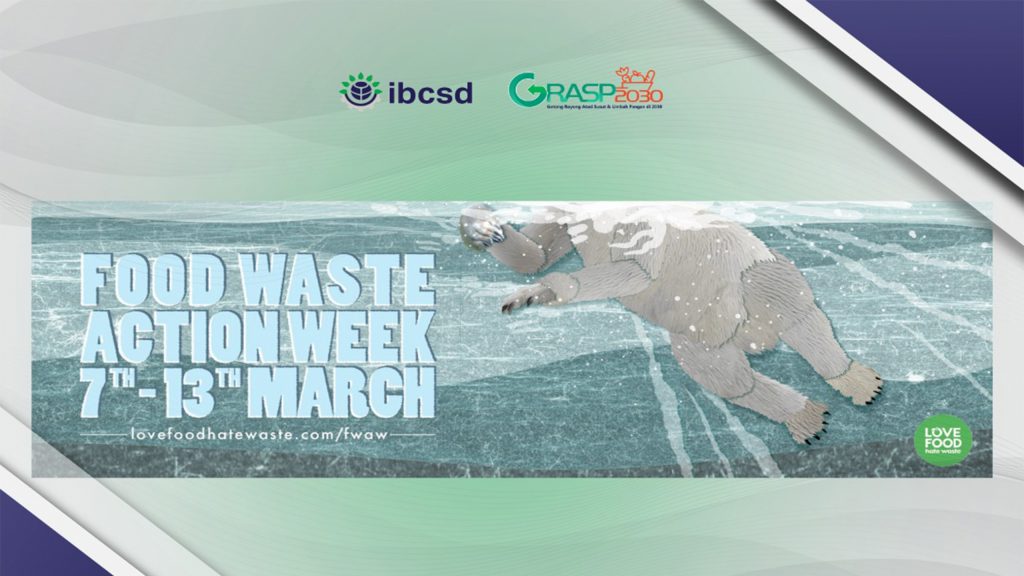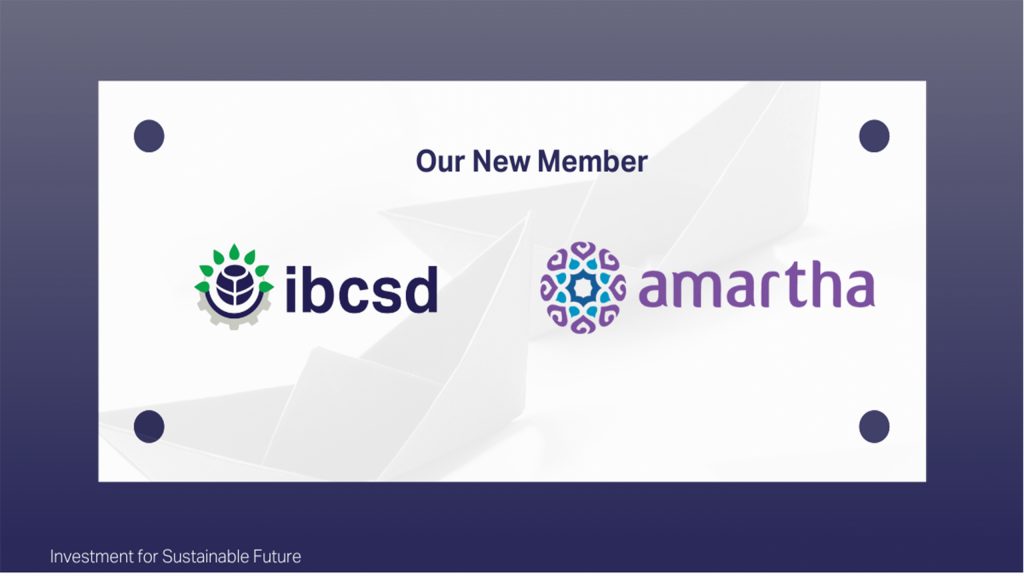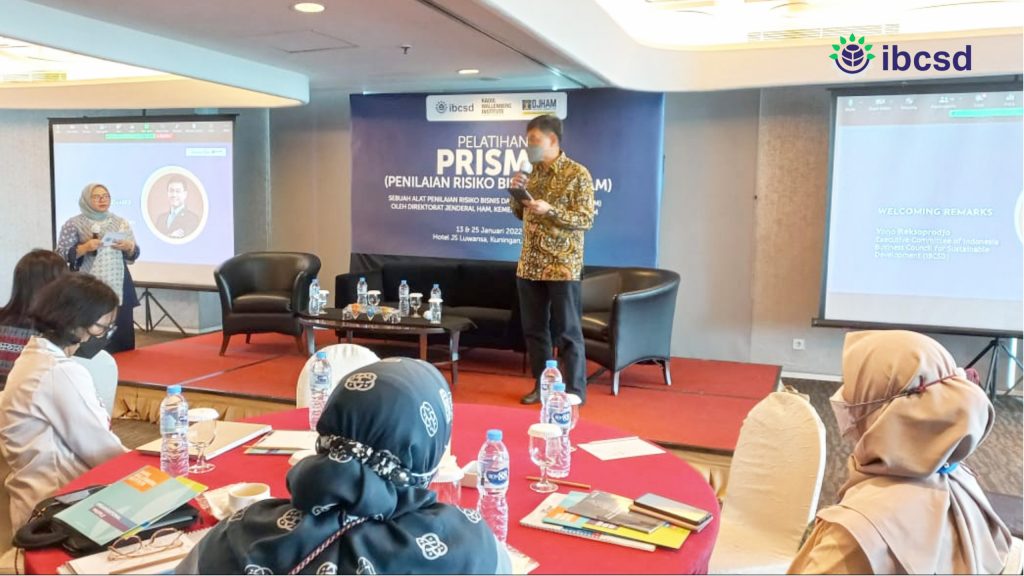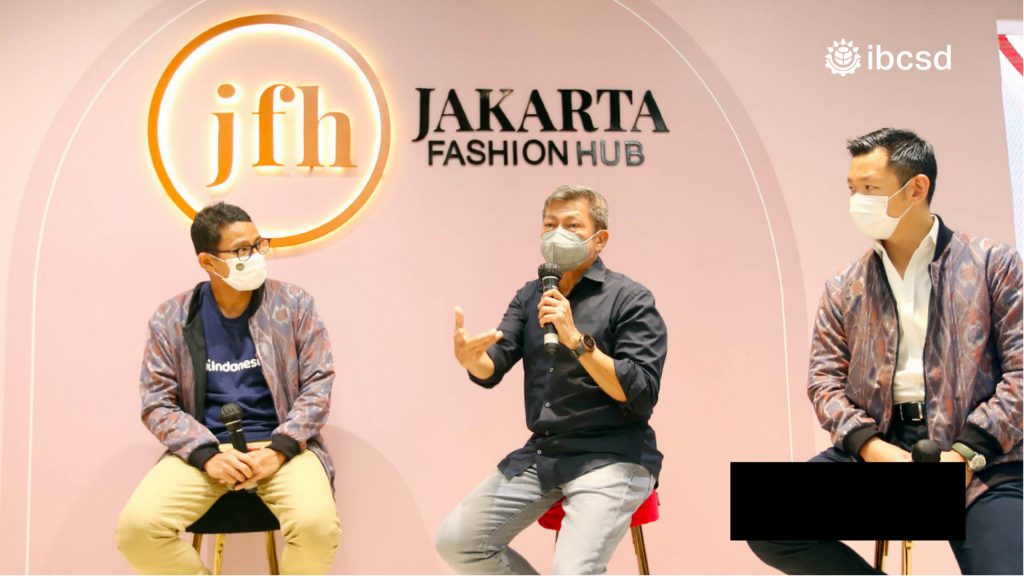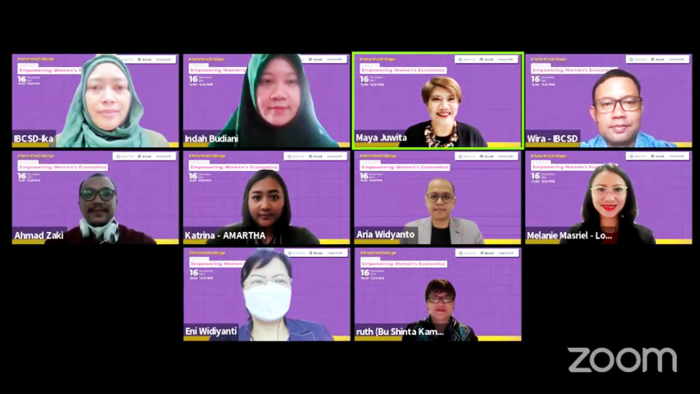Jakarta, 4 December 2021 – Minister of Tourism and Creative Economy Sandiaga Uno on Saturday (4/12/2021) inaugurated The Jakarta Fashion Hub (JFH), a collaborative space where fashion and creativity meet. Established in the middle of last year, the JFH is expected to become a platform for creative industry actors in driving the creative industry’s potential, specifically the national sustainable fashion, textile, and creative economy.
The inauguration of the collaborative space was marked by the signing of a plaque by Sandiaga at the Jakarta Fashion Hub Building located at No. 33 Teluk Betung Street, Central Jakarta. Present at the ceremony were Royal Golden Eagle (RGE) Group Managing Director Anderson Tanoto and Asia Pacific Rayon (APR) Director Basrie Kamba.
In his speech, Sandiaga expressed appreciation for the establishment of the Jakarta Fashion Hub which can help drive Indonesia’s Creative Economy, especially in the fashion sector.
“The Jakarta Fashion Hub is expected to help the national fashion industry further improve its output, find a place in the hearts of Indonesians and compete on a global scale. Today’s event is also expected to encourage the JFH to continue to bring innovations, adaptations and closer collaboration in Indonesia’s fashion ecosystem,” said Sandiaga.
Sandiaga went on to say that visitors who utilize the Jakarta Fashion Hub can support the government’s efforts to boost the competitiveness of the creative economy, create collaborative products that can compete in the national and international markets, and support Indonesia’s economic recovery from the Covid-19 pandemic.
“Opportunities for creative economy and the fashion market in Indonesia are still wide open. The government continues to strive to provide the best raw materials for the fashion industry, develop programs that support the President’s directive to make Indonesia the world’s fashion hub, and promote the spirit of #BanggaBuatanIndonesia and #SemuaAdaDisini,” he said.
APR Director Basrie Kamba said the Jakarta Fashion Hub is expected to become a driving force for Indonesia’s creative industries through its facilities, including by offering solutions for creativepreneurs looking to develop their business models.
“With its inauguration, we hope the JFH can encourage more young people to nurture their potentials and creative ideas to create original made-in Indonesia fashion products with a global presence in accordance with President Joko Widodo’s vision to encourage #BanggaBuatanIndonesia. We are confident that Indonesia can become a global fashion hub,” said Basrie.
On the same occasion, Basrie also reiterated the Jakarta Fashion Hub’s commitment to collaborate with multi-stakeholders to promote the development of Indonesian rayon fiber-based textile materials. The collaboration will create a range of benefits worth IDR1 billion, which will come in the form of rayon fabric, the availability of creative space, and promotional activities.
The Jakarta Fashion Hub offers members space for concept and product design development and various facilities such as workshop areas, co-working spaces, photo studios and ready-to-buy fabrics. Boasting 3,900 active members, the Jakarta Fashion Hub has collaborated with at least 50 local brands/fashion designers and organized fashion shows, virtual shopping and webinars on fashion and sustainable fashion.
The latest collaboration came in the form of the “Jenggala Vol :2” exhibition with local brand Imaji Studio.
“The shared vision of supporting sustainable fashion brought Imaji Studio together with the Jakarta Fashion Hub. We were greatly supported by the Hub that supports both creative economy and sustainability,” said Imaji Studio founder Shari Semesta.
APR is part of the RGE (Royal Golden Eagle) resource-based manufacturing group with operations in Pangkalan Kerinci, Riau Province. APR prioritizes sustainability in its operations and is committed to giving a positive contribution towards climate, nature, clean manufacturing, as well as circularity and progress as part of its APR2030 sustainability commitments.
About Asia Pacific Rayon:
Asia Pacific Rayon is the first integrated viscose-rayon fiber producer in Asia located in Pangkalan Kerinci, Riau. APR is committed to being the best viscose rayon producer by promoting sustainability, transparency and the best production process, while providing benefits to society, the country and providing added value to consumers. APR is part of a group of natural resource-based manufacturing companies under the RGE Group. APR’s Sustainability Policy, implemented in September 2020, includes additional commitments to pulp sourcing and clean manufacturing.
